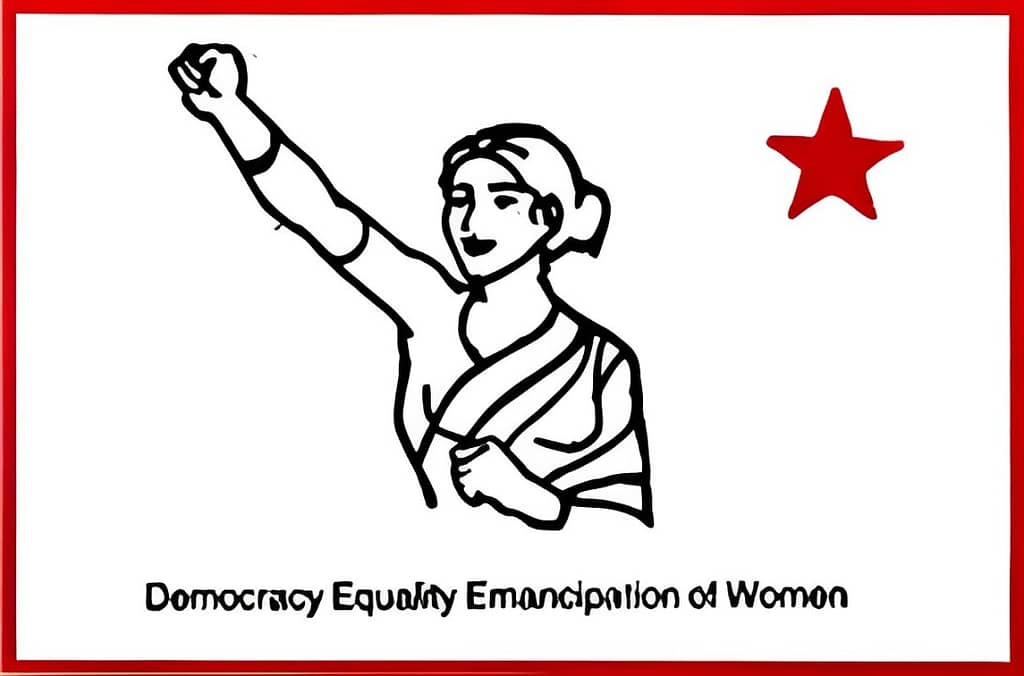Introduction:

Women’s associations have played a pivotal yet often overlooked role in shaping Indian constitutional thought. From advocating for gender equality to championing social justice, these organizations have been instrumental in influencing the drafting and evolution of India’s constitution. In this blog, we’ll explore the significant contributions of women’s associations in shaping the foundational principles of Indian democracy. This introduction will delve into the significant contributions of women in shaping Indian constitutional thought, shedding light on their struggles, achievements, and enduring legacy in the fabric of India’s democratic ethos.
Empowering Women’s Voices:

Women’s associations emerged as powerful platforms for social reform during India’s struggle for independence. Led by prominent figures such as Sarojini Naidu, Kamaladevi Chattopadhyay, and Annie Besant, these organizations provided a voice for women in the public sphere. Through campaigns for women’s education, suffrage, and economic empowerment, they laid the groundwork for gender equality in the future constitution.
Advocacy for Gender Equality:

One of the key agendas of women’s associations was advocating for gender equality within the constitutional framework. They lobbied for provisions that guaranteed equal rights and opportunities for women, including the right to vote, access to education, and protection against discrimination. Their relentless efforts influenced the inclusion of fundamental rights and directive principles in the Indian Constitution, which laid the groundwork for gender justice.
Role in Social Justice:

Women’s associations also played a vital role in advocating for social justice and upliftment of marginalized communities. Through their grassroots activism and community-based initiatives, they highlighted the importance of inclusivity and diversity in the constitutional discourse. Issues such as caste-based discrimination, poverty alleviation, and land rights were brought to the forefront, shaping the constitutional provisions aimed at ensuring social equity.
Participation in Constitutional Debates:

During the Constituent Assembly debates, women’s associations actively participated in shaping the constitutional framework of independent India. Through submissions, petitions, and advocacy campaigns, they influenced the drafting of provisions related to women’s rights, social welfare, and minority empowerment. Their presence in the assembly chambers symbolized the aspirations of millions of Indian women for a just and inclusive society.
Legacy and Continued Impact:

The legacy of women’s associations in shaping Indian constitutional thought extends beyond the drafting of the constitution. Their advocacy paved the way for landmark legislation such as the Hindu Succession Act, the Dowry Prohibition Act, and the Protection of Women from Domestic Violence Act.
Thus, Today women’s organizations continue to champion social causes and hold the government accountable for upholding constitutional values.
Conclusion:
In conclusion, Women’s associations have been instrumental in shaping Indian constitutional thought through their advocacy for gender equality, social justice, and inclusive governance. Their contributions during the independence movement and the Constituent Assembly debates laid the foundation for a progressive and rights-based constitutional framework. As India strives towards a more inclusive and equitable society, the voices of women’s associations remain indispensable in shaping the nation’s constitutional ethos.


